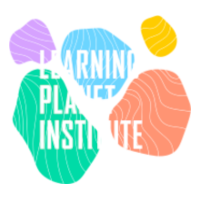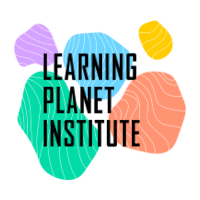As a teacher for 15 years, I have had the opportunity to teach in a variety of settings. I have experienced all elementary grades, with a variety of audiences. I have deepened my knowledge of the teaching profession by adapting my pedagogical knowledge to the different realities of the field and the specific needs of students. The difficulties or specificities of learning have driven the evolution of my initial practices. It was also an opportunity for me to discover and complete the missions of school director, to collaborate with an "IME class" – medico-educational institute – to discover the function of temporary reception teacher and to accompany interns in their training.
From these varied experiences, I have developed new professional skills such as adaptability, collaboration, teamwork, the ability to implement projects and a certain taste for innovation, especially in the digital field. Moreover, my professional career has always been energized by the implementation of very innovative projects in the field of digital education to help children in their learning. Indeed, since 2011, my research and experiments have focused on the implementation of situations using computers, then educational robotics with my students. The observations made have led me to question the possible link between educational robotics and mathematical problem-solving, the transfer of skills, as well as the place and role of the teacher. Yet, despite of the increasingly massive development of digital tools in schools for learning purposes, I observed that teachers had difficulty in taking them up. Convinced by the added value of these new tools in the daily life of the school, and wishing to participate in the training of teachers, I decided in 2018 to take the Certificate of Competence allowing me to become a digital educational advisor.
These new missions allowed me to deepen my skills in training and support. For example, I had the opportunity to accompany about a hundred teachers in the ordinary context of the classroom, to help the pedagogical teams of my district to elaborate and implement projects including digital technology, and to participate in various initial and continuous training. They also gave me the opportunity to discover different tools and to deepen my knowledge of digital learning – for instance, taking leadership of the coding and computer languages commission for 3 years. Within this framework, I was invited to participate in research groups (OCEAN, a national group of experts set up at the initiative of the Direction du Numérique Educatif of the MENESR), as well as in the Rencontres Nationales de la Robotique Educative in January 2020 to present the robotic challenge elaborated by the commission. This led me to collaborate with researchers and to discover for the first time the world of research.
All these experiences have triggered an intense desire to move towards the field of research, to put it at the service of students in difficulty and, more broadly, of learning.
Thus, wishing to further my research, I decided to take a training leave, which allowed me to apply and be accepted at the Learning Planet Institute in September 2021 to follow the Master 2 Sciences of Learning. In this context, I did an internship in the NeuroPSI laboratory (from November 2021 to July 2022), discovering the potential of teaching Artificial Intelligence in elementary school. Because of my background and my proximity to the world of education, I am interested in the possibility of producing resources that will help meet the challenges of school and the training of tomorrow's citizens. This is why I decided to continue the research initiated during my M2 internship in the framework of a thesis.






